New Year, New Vision: Why Regular Eye Exams Should Be Part of Your Health Goals
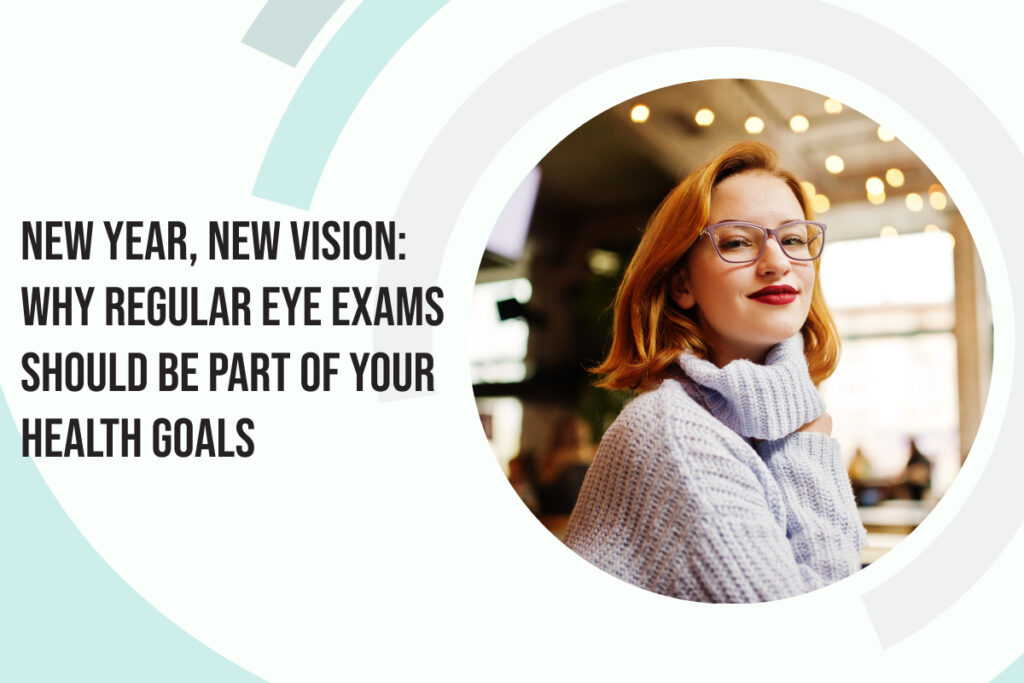
When a new year begins, many people focus on goals like exercising more, eating healthier, or improving sleep. Your eyes can also need that same attention. At Lethbridge Vision Care, we believe regular comprehensive eye exams play a vital role in your overall health and wellness. Just as you schedule routine medical checkups, including your […]
Fall Sports and Eye Safety

As fall arrives, many Albertans turn their attention to sports like hockey, football, and cross-country running. These activities promote great things like health and community, while also bringing some potential risks to your vision. Whether it be from a sudden flying puck to harsh contact on the field, an eye injury can happen in an […]
What Advanced Eye Screenings Can Detect

As autumn arrives in Lethbridge, the changing light invites us indoors—and serves as a timely reminder that eye health deserves attention, too. At Lethbridge Vision Care, we believe that checkups are more than routine. They are pivotal moments for early detection and long-term vision protection. Advanced eye screenings matter, with modern technology being able to […]
No Beach? No Problem!

5 Reasons to Book an Eye Exam This Spring Break Spring break is often a time for beach vacations and getaways, but it can also be the perfect opportunity to catch up on things you’ve been putting off—like your eye health. If you’re staying close to home this spring, why not use the downtime to […]
How to Protect Your Eyes This Winter: Tips from Lethbridge Vision Care

Winter brings unique challenges for eye health, from dry indoor air to increased screen time during shorter days. These factors can leave your eyes feeling strained, dry, and uncomfortable. At Lethbridge Vision Care, we’re here to help you navigate the season with expert guidance and personalized care to keep your vision clear and comfortable. Combatting […]
Making the Most of Your Eye Health Benefits
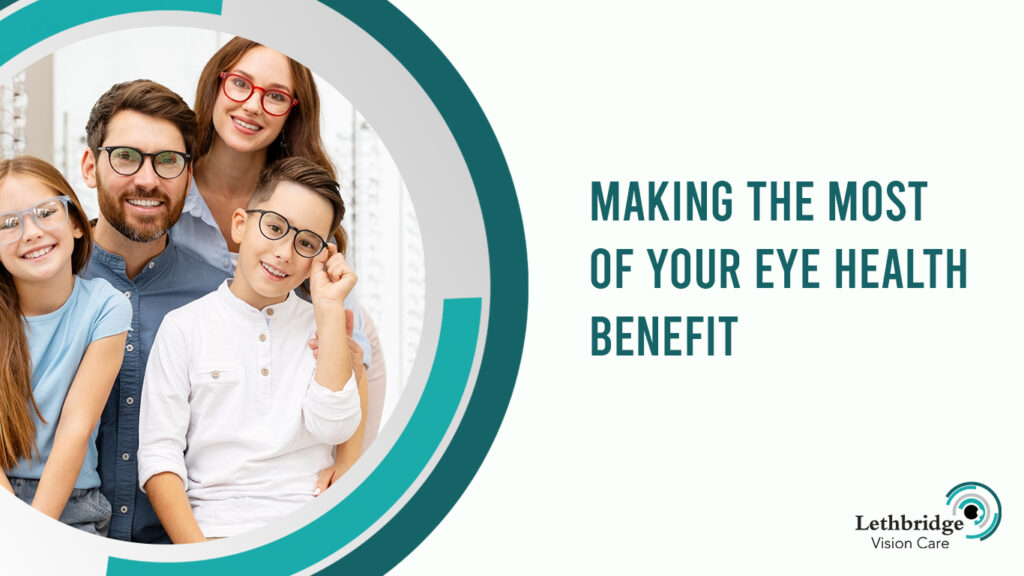
When was the last time you had an eye exam? If you’re unsure, now is the perfect time to prioritize your eye health. Regular eye care keeps your vision sharp and ensures you’re making the most of your health benefits. Whether you’re an individual or part of a busy family, understanding your eye care coverage […]
Identifying Headaches Caused by Vision Problems
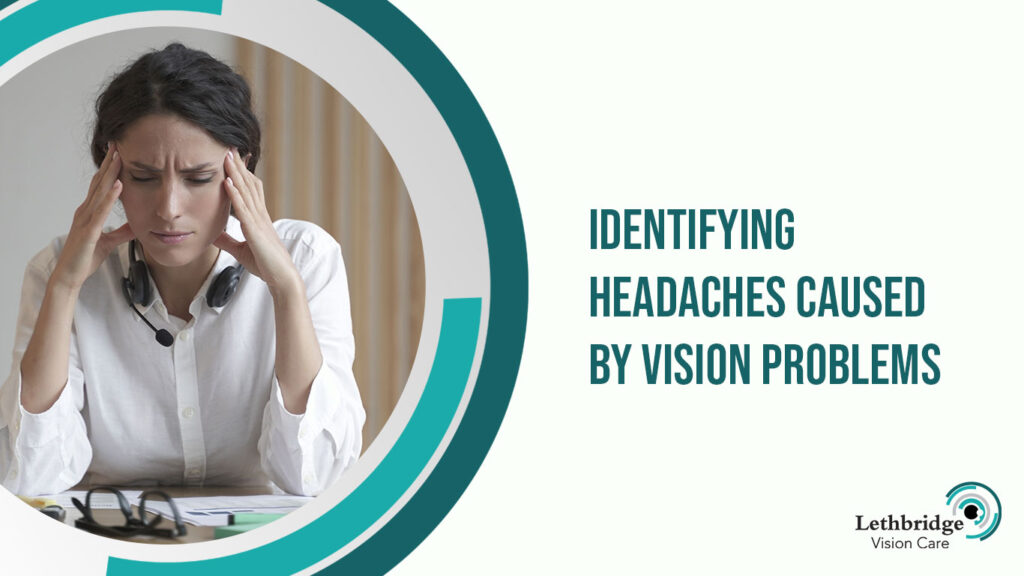
Headaches can be incredibly frustrating, especially when they start to become a regular part of your life. If you find yourself reaching for pain relievers more often than you’d like, it might be time to consider a different cause—your eyes. Many adults experience headaches related to vision problems without even realizing it. These types of […]
Eye Care Tips for Students: Maintaining Vision Health During Study
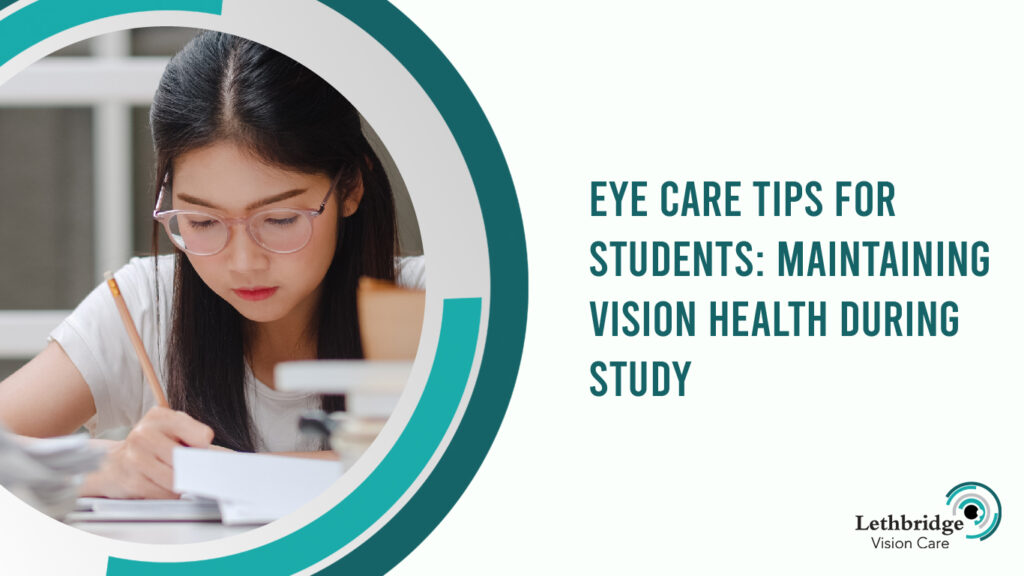
Maintaining vision health is crucial for students and young adults. As the academic year progresses, students often find themselves buried in books, glued to screens, and spending countless hours studying. While this dedication to learning is commendable, it’s essential to remember that all this intense focus can take a toll on your eyes. Neglecting eye […]
Allergies and Eye Makeup: How to Identify and Manage Reactions
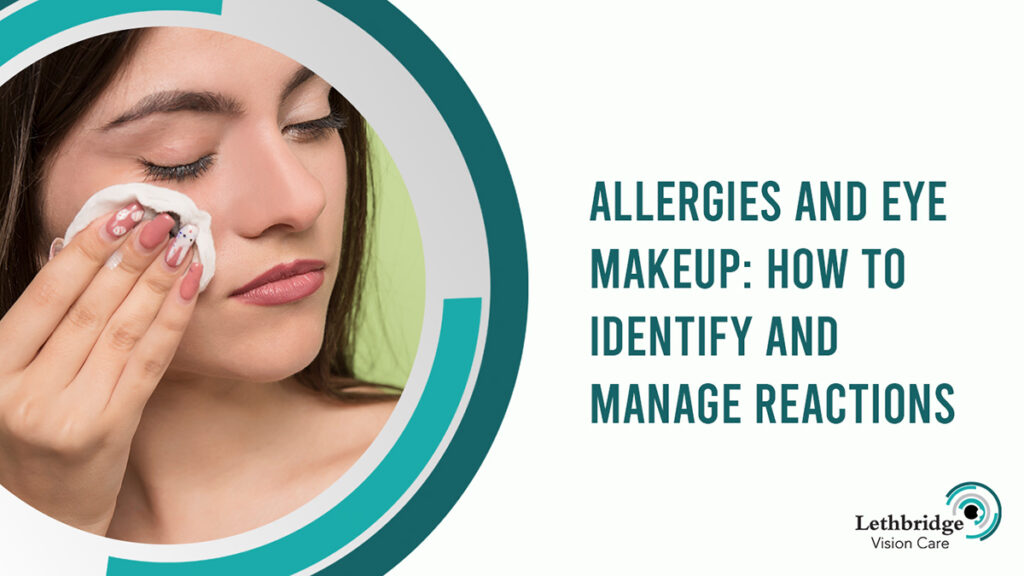
Eye makeup is a staple in many people’s daily beauty routines, enhancing their appearance and boosting confidence. However, for some, applying eye makeup can lead to uncomfortable and painful allergic reactions. Understanding how to recognize these reactions and take steps to prevent them is crucial for maintaining eye health and enjoying the benefits of eye […]
Understanding and Managing Glaucoma
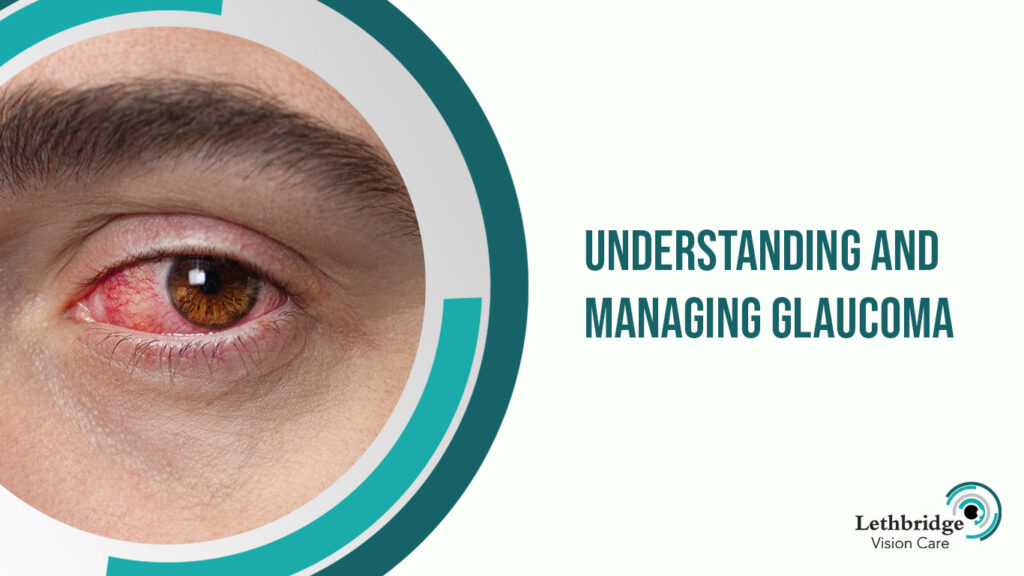
Glaucoma is a major concern in eye health. It is a scary disease that can onset quickly and lead to vision loss without any apparent symptoms in its early stages. As one of the leading causes of blindness worldwide, glaucoma requires vigilant management and early detection to preserve vision and quality of life. At Lethbridge […]
